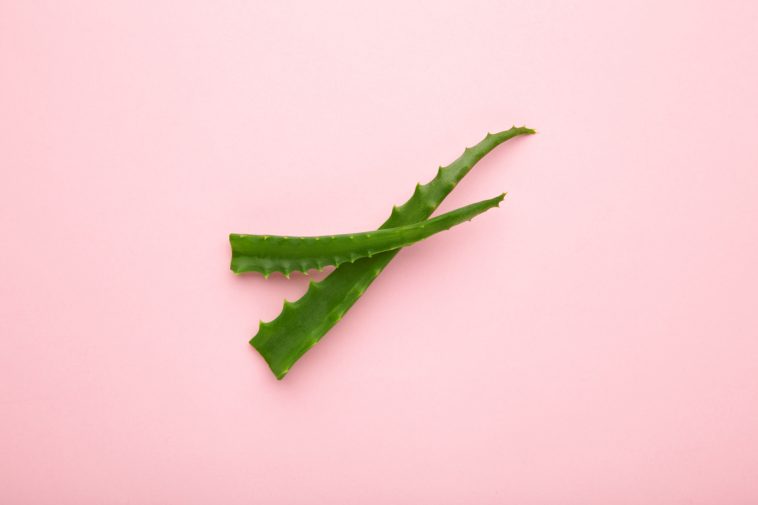Ever had a rash, itching, or a blister on your skin? It sucks, right? Research has it that most people experience inflammation of the skin at one point in their lives. Skin inflammation occurs when the body system responds to a specific allergic reaction or infection, causing swelling and reddening of the skin. Inflammation can be mild or severe. If the condition is severe, one is advised to get medical attention. In the case of mild inflammation, home treatments like aloe vera are ideal.
It is known for its ability to treat wounds and skin inflammation. You can get aloe by extracting the gel from fresh aloe leaves or using over-the-counter (OTC) products containing aloe vera.
When to Use Aloe Vera to Treat Inflammation or Skin Irritation?
Aloe Vera has anti-inflammatory properties that aid in soothing skin rashes. Also, it is known to have antimicrobial abilities that may aid in preventing infections. Moreover, it has been said to have the capacity to moisturize and smoothen your skin without leaving residue as facial creams do.
Research shows that aloe extract cannot fully cure any skin disease or inflammation; instead, it lessens the inflammation’s severity. Although it cannot cure diseases, there are some instances where it can help.
Rosacea
This skin condition is known for causing redness of the skin, especially around the face. The chronic condition has no particular cure, but a change in lifestyle and other preventing measures can reduce the symptoms.
Burns
Ever had sunburns on your face? Aloe vera can help treat these burns. To treat burns using aloe vera, apply the gel extract to the affected area numerous times per day till you feel that the condition has improved.
When your skin feels hot, apply more gel to lessen the effect. The gel may not undo the damage caused by the burns; instead, it will supply a cooling effect and a quick relief to the burns. If the burns are severe, consult the doctor.
Psoriasis
Psoriasis is caused by excess accumulation of skin cells. Aloe vera may not stop the accumulation of excess skin cells, but it can help reduce irritation and inflammation in the affected areas.
To manage this condition, use fresh gel extract from the Aloe plant or choose OTC creams that contain aloe vera. Apply to the affected part several times daily. Note that it may take up to a month of continuous application to see a change.
Eczema
Eczema is a common skin condition resulting from the system’s reaction to certain substances, allergens, or heat. Aloe Vera can be used as a home remedy to give temporary relief to the affected skin area. It also can moisturize the skin rashes hence providing itching relief.
Can Aloe Vera Worsen Skin Condition?
Aloe Vera can provide relief to mild skin inflammation and irritation. However, it may not be useful in the case of a severe skin condition. In rare cases, the Aloe gel can worsen the skin condition if the person using it is allergic to the plant.
It can also cause rashes in some cases. While Aloe is deemed natural and safe for most individuals, it can cause skin rashes if they are allergic to the substance.
Allergic to Aloe Gel?
There is only one way to prove if you are allergic to aloe vera – by conducting a patch test. A patch test involves applying the gel on a hidden area of your skin then waiting for at least 24 hours to see if any irritation or rash will develop. If there is no sign of irritation, then you can go ahead and use aloe vera.
When to See a Doctor?
Aloe vera can provide temporary relief to varied skin conditions. However, if the condition persists, worsens, or spreads all over the body, you need to visit a doctor. The doctor may recommend you to a dermatologist who will analyze the underlying causes of the condition and provide appropriate treatment.
Also, see the doctor if you notice any adverse reaction after using aloe gel.
Final Thoughts
Since aloe vera has anti-inflammatory and antimicrobial properties, it’s an excellent home remedy for any skin condition. The next time you get a rash or reddening on your skin, try the goodness of aloe gel. Different people have different skin types. So, before using Aloe on your skin, conduct a patch test to know if you are allergic.
Related: Looking for more Aloe Vera articles?



